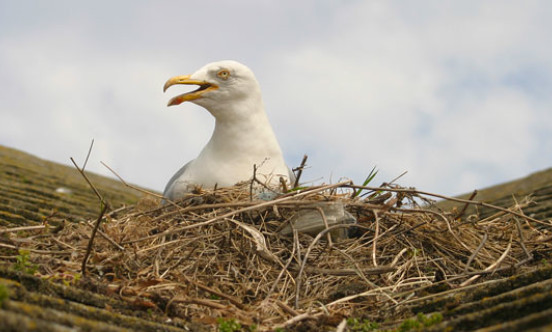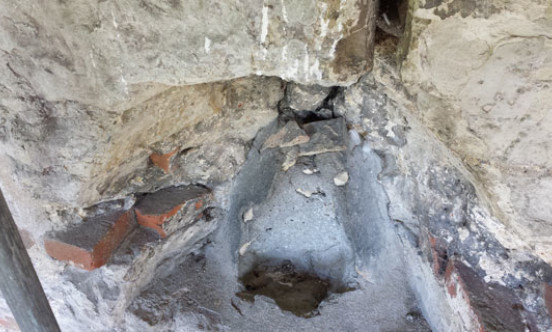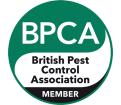
Call 0333 567 2020 for advice and quotes or contact us online
Nesting birds at development site for Amec Foster Wheeler
Gallery
Managing the risks of nesting birds for Amec Foster Wheeler
The site is situated adjacent to open countryside and the Mersey estuary, therefore attracting a wide range of bird species in close proximity to the area that has been chosen for development works. A number of factors had to be considered and worked around to manage the risks associated with birds nesting on the site, thereby allowing the planned scheduled works to start on time.
Project overview
NBC Environment was appointed by Amec Foster Wheeler to undertake a survey of HBC Fields Widnes, produce a bird management plan and implement works to reduce the risk of nesting birds delaying the upcoming development project.
Our solution
The Wildlife and Countryside Act 1981 prohibits the intentional killing, injuring or taking of any wild bird and the taking, damaging or destroying of their nests. It is however possible to prevent birds from nesting and if these measures are not completely successful there are still options available to prevent the project needing to be suspended whilst waiting for birds to breed and fledge.
From the initial survey, NBC Environment identified 4 main species of bird that had the potential to delay the works commencing: Dunnock, Skylark, Reed Bunting, Meadow Pipit.
All activity of birds was logged via a GPS system; this logging continued throughout the project to maintain a full understanding of the bird’s activities and the success of the mitigation programme.
Bird mitigation plan
The Bird mitigation plan included a programme of disruption and was implemented prior to the nesting period, continuing for 3-4 months to ensure the site was kept clear for works to start. The disruption programme centred on the use of trained working dogs and birds of prey.
Bird disruption & dispersal methods
Working dogs cover the open ground by ‘quartering’, regularly sniffing out any nesting birds to encourage them to move to an alternative site. Dogs are particularly successful for this type of work, as they can cover a large area quickly and efficiently, and without any contact or harm to nesting birds or other wildlife.
In addition, falconry was used as further non-lethal measure, providing a predatory presence that deterred the birds. This was an intensive programme, spanning several months and working 7 days a week, sometimes from dawn until dusk.
























